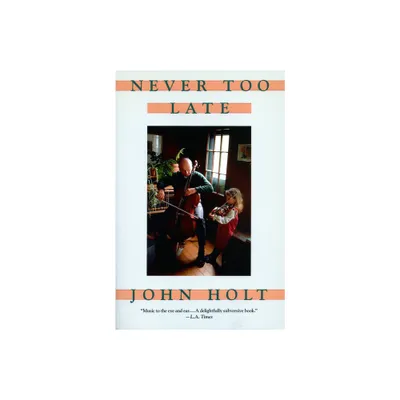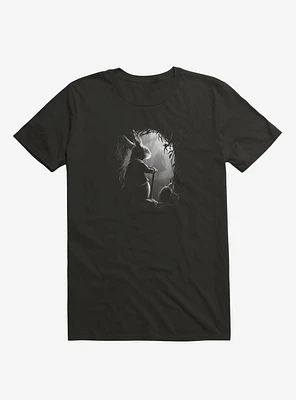Home
From Prison Cells to PhD: It is Never Too Late Do Good
Loading Inventory...
Barnes and Noble
From Prison Cells to PhD: It is Never Too Late Do Good
Current price: $23.49


Barnes and Noble
From Prison Cells to PhD: It is Never Too Late Do Good
Current price: $23.49
Loading Inventory...
Size: Audiobook
*Product Information may vary - to confirm product availability, pricing, and additional information please contact Barnes and Noble
A captivating story detailing how resilience and inner strength can be combined to overcome mountainous barriers to reach one’s full potential.
Growing up in Ferguson, Missouri, Stanley Andrisse began making poor decisions at a very young age. He started selling dope and was arrested for the first time at fourteen years old. By his early twenties, dope dealing had exponentially multiplied, and he found himself sitting in front of a judge facing twenty years to life on drug trafficking charges. The judge sentenced him to ten years in a maximum-security prison.
Prison was an experience like none other he’d ever encountered. While challenged with a strong desire for self-renewal, he faced an environment that was not conducive for transformative change. From poor institutional structure and policies to individual institutionalized thinking and behaviors, he battled on a daily basis to retain and maintain his humanity.
Upon release, and after several rejections, Stanley was accepted into a PhD program. He completed his PhD/MBA simultaneously and became an endocrinologist and impactful leader at Johns Hopkins Medicine, specializing in diabetes research.
Growing up in Ferguson, Missouri, Stanley Andrisse began making poor decisions at a very young age. He started selling dope and was arrested for the first time at fourteen years old. By his early twenties, dope dealing had exponentially multiplied, and he found himself sitting in front of a judge facing twenty years to life on drug trafficking charges. The judge sentenced him to ten years in a maximum-security prison.
Prison was an experience like none other he’d ever encountered. While challenged with a strong desire for self-renewal, he faced an environment that was not conducive for transformative change. From poor institutional structure and policies to individual institutionalized thinking and behaviors, he battled on a daily basis to retain and maintain his humanity.
Upon release, and after several rejections, Stanley was accepted into a PhD program. He completed his PhD/MBA simultaneously and became an endocrinologist and impactful leader at Johns Hopkins Medicine, specializing in diabetes research.


















